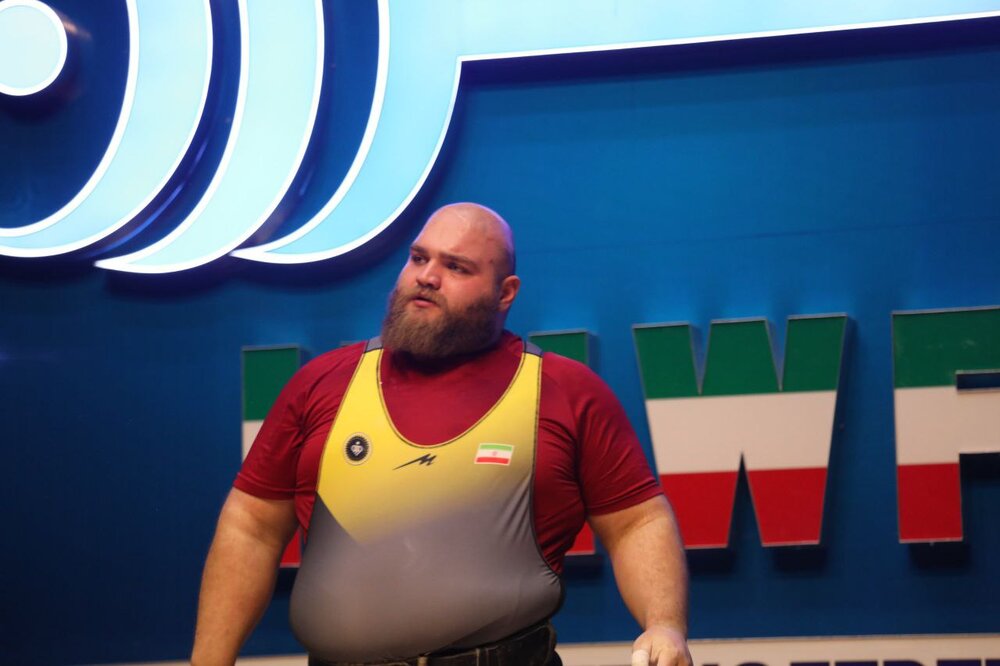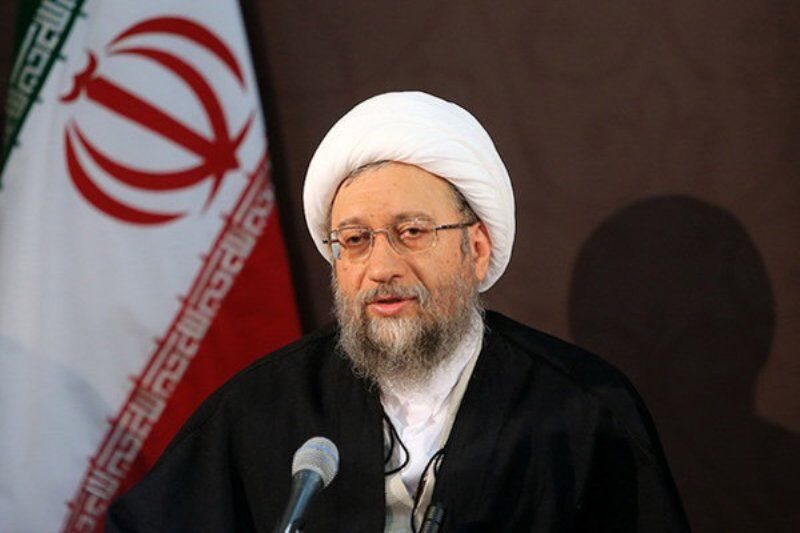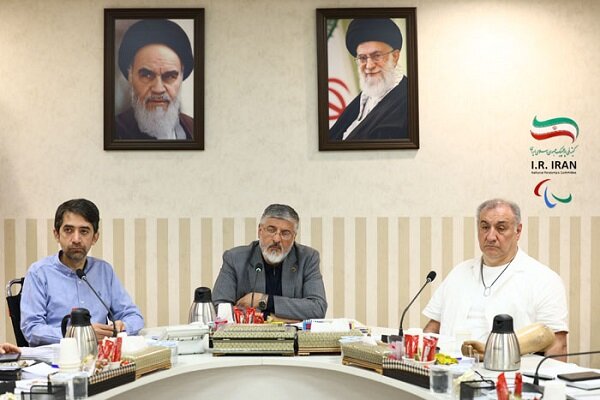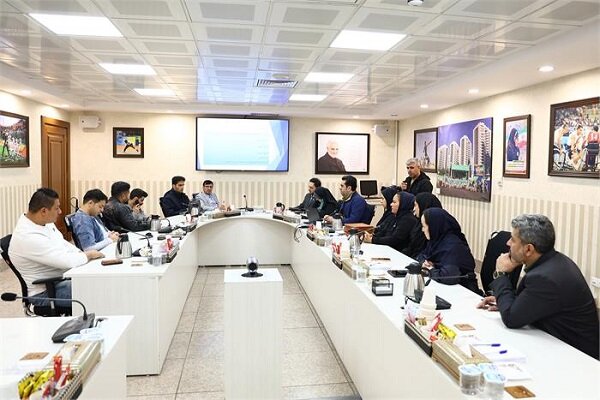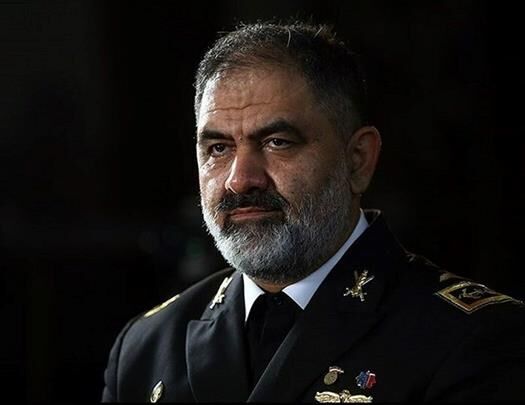After bashing UN, Trump administration says it will ask for mandate in Gaza
After bashing UN, Trump administration says it will ask for mandate in Gaza

The US admits it may need to ask the United Nations for a mandate for an international stabilisation force to enter Gaza, a move that somewhat confounds the Trump administration’s antipathy towards the international organisation.
US Secretary of State Marco Rubio said the US was in the process of “standing up” a civil-military coordination centre to monitor the Gaza ceasefire and would then consider “going to the UN potentially and getting the international mandate, building the international defense security forces”.
US President Donald Trump’s 20-point ceasefire plan for Gaza envisions an Arab and Muslim international force deploying to the enclave. US officials have said they are in discussions with Egypt, the UAE, Qatar, Jordan, Indonesia, and Azerbaijan about contributing to the force.
Middle East Eye has reported that Egypt, publicly and privately, has lobbied for a UN mandate. Egypt has also asked for US troops to deploy to the enclave in the hope that it would dissuade any Israeli ceasefire violations. US Vice President JD Vance ruled that possibility out this week.
The Trump administration's bid to secure a UN mandate would be laden with irony, given its hostility to the organisation, particularly regarding the Israel-Palestine conflict and war on Gaza.
During his speech to the UN General Assembly, Trump mocked the UN, saying it used "empty words" that “don’t solve war”. When an escalator that was carrying Trump to the General Assembly hall stopped working, the US president accused the body of “sabotage” and his administration threatened to investigate the mechanical failure.
Earlier this year, the Trump administration slapped sanctions on the UN’s special rapporteur on Israel and Palestine, Francesca Albanese. Rubio accused the UN rapporteur of “open contempt” for the US, Israel, and “the West.”
The Trump administration also suspended funding to the UN agency for Palestinian Refugees and withdrew from the UN Human Rights Council.
In Gaza, the US worked with Israel to push for the widely discredited Gaza Humanitarian Foundation (GHF) to take over aid distribution in Gaza. US mercenaries manning GHF aid sites have been accused of attacking starving Palestinians.
Trump was forced to backtrack on the GHF in his ceasefire plan for Gaza, which explicitly recognises the UN and its agencies to distribute aid in Gaza. The move appeared to come at the request of Arab and Muslim states.
Now, the same appears to be happening with the international force Trump wants to deploy to Gaza.
“Some of these countries are going to require an international mandate in order to be able to send forces abroad,” Rubio said on Thursday before departing for Israel.
Experts say that Arab and Muslim states want the UN’s seal of approval to gain legitimacy with their populations and Palestinians in Gaza.
“For the force to be seen as legitimate by the Palestinians, it must not be perceived as contracted by Israel,” Jean Marie Guehenno, the former UN undersecretary general for peacekeeping operations, now at Columbia University, told MEE.
Some peacekeeping operations are run explicitly by the UN. The forces participating in them are nicknamed the “blue helmets” - in a nod to the international organisation’s emblematic colour.
UN peacekeepers have operated in 61 missions throughout history and are currently deployed in 11 ongoing missions. Some of the most high-profile missions were in Bosnia in the early 1990s, several times in Haiti from the 1990s until 2019, and they are currently present in southern Lebanon.
An international stabilisation force deploying to Gaza would be similar to the one operating in Haiti. The force combating armed groups there is Kenyan-led and US-supported. Although it has a UN Security Council mandate, its command and control do not report to the UN secretary general.
Arab and western diplomats who spoke with MEE previously said they believe getting a mandate is achievable.
“China and Russia have veto power, but the fact that so many Arab and Muslim countries want a UN stamp of approval makes it unlikely they decide to act as spoilers,” one western diplomat in the region told MEE.




